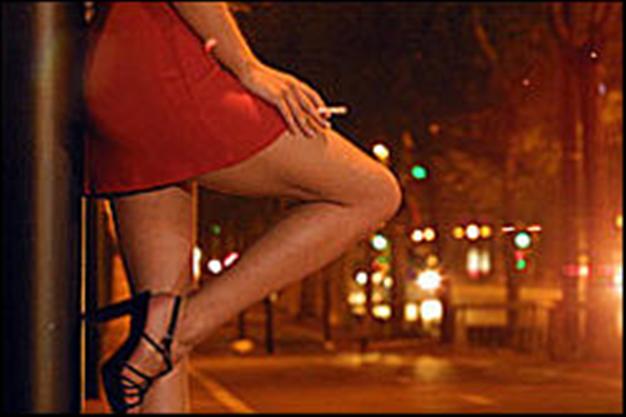Residents consider legal move over sex workers
 Radio NZ News 14 October 2017
Radio NZ News 14 October 2017
Family First Comment: Here’s the hypocrisy of Chch Council and the Police…
“The council has the Christchurch City Council Public Places Bylaw 2008, used to regulate street-based car window washing, and gave police the power to give instant $150 tickets for offences from 10 August 2017. The police said they could enforce window washing under the Public Places Bylaw because the problem was widespread, there was a high potential for harm for people involved, it was easy to monitor, and the potential for legal challenges were low. Police said they did not see street-based sex workers and window-washing as “similar issues”, according to a council report.”
Rubbish!
A Christchurch City Council committee this week voted down a proposed bylaw that would limit the areas sex workers can work, and opted instead for a non-regulatory approach.
Residents in St Albans, a suburb north of the central business district, have been pushing for regulation for years, but police, the New Zealand Prostitutes’ Collective – and now the council committee – say a bylaw would be unenforceable.
The legal arguments
The Prostitution Reform Act 2003 decriminalised prostitution, and made it legal for sex workers to solicit clients on the side of the street.
However, the Local Government Act 2002 allows the city council to implement bylaws which could regulate sex workers.
Residents said section 145 of the Local Government Act could be used to help fix the situation in St Albans. It allowed councils to make bylaws for “protecting the public from nuisance”, “protecting, promoting and maintaining public health and safety”, or “minimising the potential for offensive behaviour in public spaces.”
Council research found the Auckland and Wellington councils did not use section 145 to regulate street-based sex workers.
The council has the Christchurch City Council Public Places Bylaw 2008, used to regulate street-based car window washing, and gave police the power to give instant $150 tickets for offences from 10 August 2017.
The police said they could enforce window washing under the Public Places Bylaw because the problem was widespread, there was a high potential for harm for people involved, it was easy to monitor, and the potential for legal challenges were low.
Police said they did not see street-based sex workers and window-washing as “similar issues”, according to a council report.
Mr Bonis said his lawyers believed the council did have a responsibility under the Public Places Bylaw to regulate street-based sex workers.
READ MORE: http://www.radionz.co.nz/news/national/341545/residents-consider-legal-move-over-sex-workers







